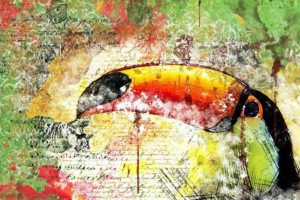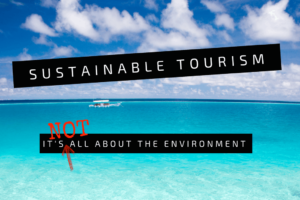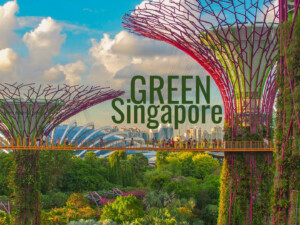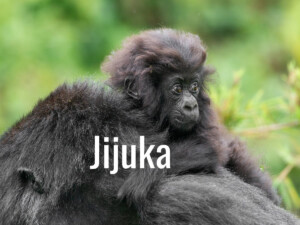As we build back better, is sustainable tourism enough to regenerate nature?
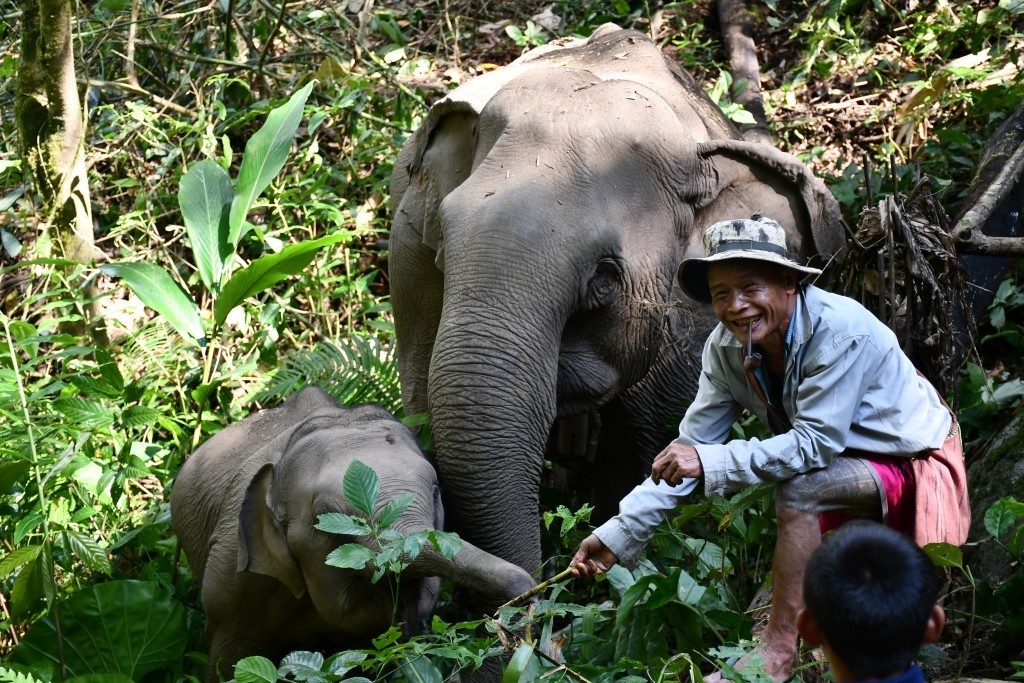
Sustainable tourism is a complex puzzle with lots of moving parts. Toss in regenerative principles and it becomes even more confounding. Fortunately there are those who think deeply about important parts of the puzzle, such as animal welfare consultant Daniel Turner of ANIMONDIAL. In this “Good Tourism” Insight, Mr Turner shares how our industry might “build back better” for nature, wildlife, and the animals that are part of the travel & tourism experience.
Over the past months I have been buoyed by various reads indicating greater support for a more sustainable and regenerative approach to industry, business, and our lives post-COVID-19. The need is paramount. Noting that COVID-19 resulted from the over-exploitation of nature, and to prevent future pandemics, humanity must change its destructive ways and strive to build back better.
I certainly believe that sustainability can no longer be regarded as an ‘aim to have’, but an integral component of all that we do … but perhaps even this is no longer enough? Mere sustainability may only prolong future ruin.
Policy influencers in the travel & tourism sector have long called for sustainability in travel but, whilst championed by some, few businesses appear to have taken up the mandate. Economic growth has trumped destination well-being, and ‘overtourism’ quickly generated destination degradation and local disdain.
In a previous ANIMONDIAL blog, I considered the importance of nature and its biodiversity; not only for our productivity and prosperity, but more so as a natural barrier against disease. A healthy natural world is essential to our own well-being and survival. Pre-COVID-19, tourism (and other industries) had already caused an imbalance in nature, resulting in biodiversity loss, climate change, and other such challenges between people and nature. As industry sectors rebuild post-COVID-19, perhaps there is no better time to right these wrongs? I believe people’s trust in travel and tourism depends on it.
Tourism must not only be sustainable but, as many now recognise, it must also strive to make destinations better places: identify and minimise negative impacts, adopt sustainable and responsible measures, support and engage local communities, and communicate the importance of doing so. This will help to return trust in travel.
How can travel & tourism build back better for animals?
Improving travel & tourism’s interactions with animals is an important part of the sustainable, regenerative journey. I believe travel & tourism businesses can contribute — and benefit — in multiple ways if they:
- Maximise their positive impact by adopting measures to protect the welfare and survival of animals involved in their operations and supply chain. For example, as an alternative to a ‘stop sale’ boycott, which often places the animals involved at greater risk, work with your suppliers to modify the product and its activities. This approach safeguards local people’s livelihoods and improves animals’ lives. ANIMONDIAL has so far developed solutions for Asian elephants and captive whales and dolphins.
- Build resilience against public health risks by preventing disease transfer between animals and human stakeholders. For example, incorporate an evaluation of zoonotic disease transference into Health & Safety checks of your suppliers and activities. ANIMONDIAL collaborates with auditing company, Preverisk, to offer a range of animal auditing services for peace of mind.
- Combat the illegal wildlife trade, which threatens the survival of thousands of endangered animal and plant species, each integral to the good health of the natural environment. As an example, ensure your animal attraction suppliers have not sourced animals from the wild (unless authorised by the national authority) or sell live, or parts of, animals or plants as souvenirs.
- Invest-In-Nature, which is ANIMONDIAL’s carefully selected portfolio of animal protection projects and alternative experiences. Instead of offering a visit to a zoological collection that may only display wildlife to the public, consider offering a fully-vetted, ANIMONDIAL-endorsed animal sanctuary instead, providing your customers with an educational, as well as an enjoyable, experience.
- Contribute to returning trust in travel & tourism via ANIMONDIAL’s new recognition scheme that showcases your commitment to minimising negative impact on animals and the natural world.
There is no better time to act #ForNature and to #BuildBackBetter for animals.
Agree? Disagree? Share your reasons in the comments below. Or write a “GT” Insight. The “Good Tourism” Blog welcomes diversity of opinion about our travel & tourism industry because travel & tourism is everyone’s business.
Featured image (top of post): Elephants and the community. Image © Mahouts Elephant Foundation. Supplied by author.
About the author

Daniel Turner is co-founder and director of ANIMONDIAL, the global consultancy advocating the need for tourism to better protect animals and nature. ANIMONDIAL offers impartial advice and bespoke guidance to “build back better for animals”. Sign up to ANIMONDIAL’s free newsletter.


